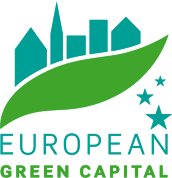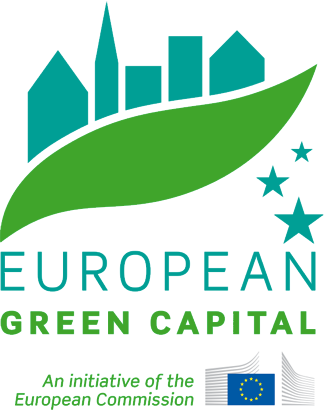In Pictures: The Bristol Whales light-up At-Bristol's Millennium Square
The weekend of 17 July sees the official unveiling of The Bristol Whales, a temporary art installation to mark Bristol’s status as European Green Capital 2015. The whales are taking up residence in At-Bristol's Millennium Square and will stay there until 1 September.

Phil Gibby, Area Director, South West, Arts Council England, said:
“Artists throughout the world have been engaging with the green agenda for some time now and inviting us to think about the way we live.
“The Bristol Whales sends a very powerful message about the importance of safeguarding the world’s oceans by tackling marine litter, and is a great addition to the exciting Bristol 2015 arts and cultural programme that we’re supporting.”
Around 70,000 plastic bottles have been upcycled from the Bath half marathon and the Bristol 10k, to create a plastic oceans for the whales to ‘swim through’.
From Saturday, Bristol 2015 is inviting members of the public to submit their own virtual message in a bottle at the At-Bristol Millennium Square and make a pledge to cut down on single-use plastics.
Britons buy an estimated 13 billion plastic bottles of water each year. According to Southwest Water, a litre of bottled water is 1,000 times more expensive than tap water.
Research by Nottingham University also suggests that more than 75% of the bottles are not recycled. They are often dumped as landfill, or make their way into our waterways and oceans after being flushed off the land.

Plastic doesn’t decay, it just slowly disintegrates, and there are now an estimated five trillion pieces floating in our oceans.
Marine Scientist, Tom Bell, explains that the The Great Pacific Garbage Patch covers an area six times the size of the UK.
“It is a huge swamp of plastic floating out at sea, where whales swim in the plastic swamps, swallowing the plastic like food.”
He explains that in effect, as consumers we may ultimately be eating our own plastic waste.
Find out more about the making of the Bristol Whales here and see how you can get involved by using the hashtag #bristolwhales.



